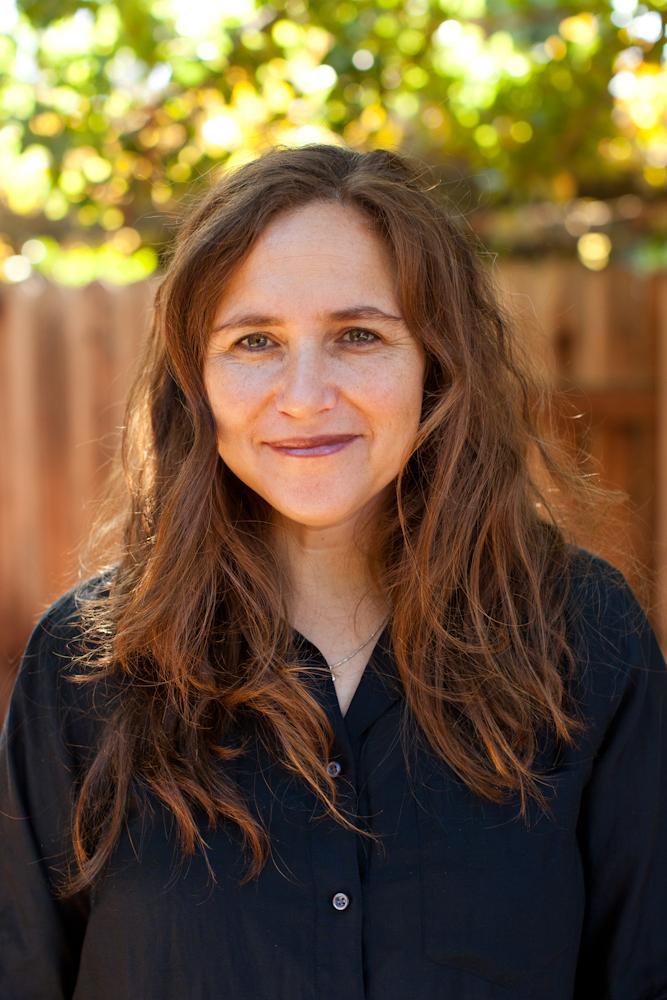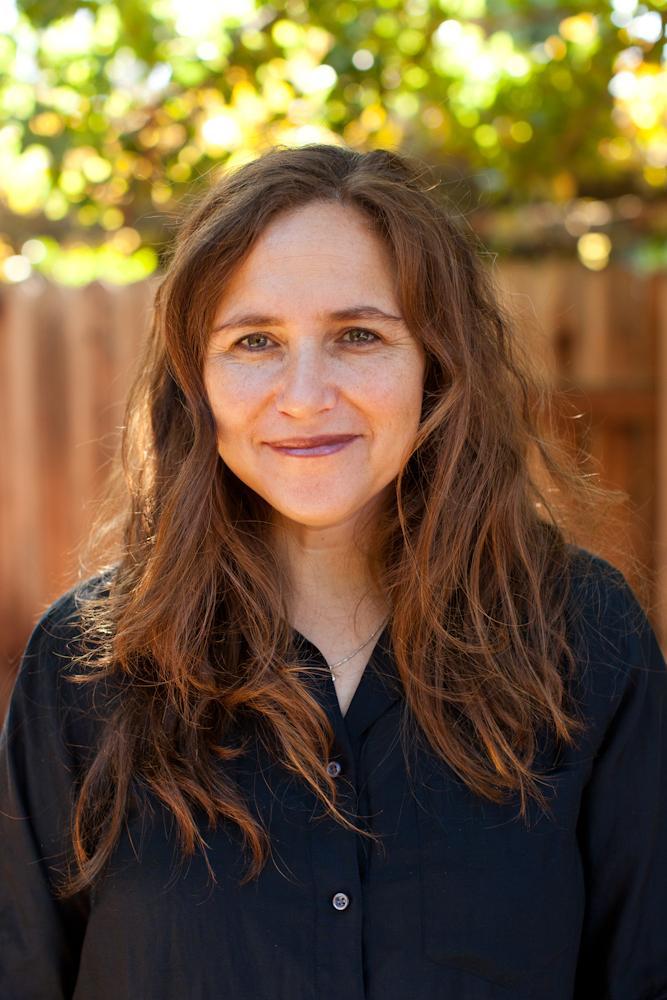A study from April has shown that the required Early Start Program for some college freshmen, the remediation program for the California State University system doesn’t work, and the problem may lie in the K-12 system.
The study by UC Davis researcher Michal Kurlaender demonstrates that “Early Start as a CSU-wide policy effort has not resulted in significant improvements in performance or persistence of students identified in need of remediation,” says Kurlaender.
Kurlaender has discovered that the Early Start Program has “found evidence of modest improvements in third year persistence rates in English (about 2 percentage points overall), but not in math.” All this evidence suggests that it all starts under the K-12 education system.
Students of color in the study were even less prepared than whites. Kurlaender believes that the reason for this is because students of color have less funded schools. “The biggest reason for disparity is unequal K- 12 preparation. The CSU is not responsible for this, its K-12 preparation,”says Kurlaender. “Students of color have unequal disparities because they’re more likely to enroll in K-12 schools that are underfunded, [or] have higher teacher turnover; on average low-income students are less likely to go to schools that we know lead to higher educational achievements.”
According to Kurlaender there is a solution to this problem. “[The solution] is tobridge the curricular gap and opportunity gap, for students coming from schools which need more resources to ensure college success, says Kurlaender. “We need more efforts to focus on preparing students with the skills they will need in college, not just to apply to college.”
UC Davis researcher and professor Michal Kurlaender
The CSU might already be taking Kurlaender’s study into mind as Chancellor Timothy White has signed an executive order last month that will no longer require placement exams in English and math. The executive order also drops the noncredit remedial courses that more than 25,000 freshmen all over the CSU have been required to take each fall.
Minwha Lee, a senior business major, welcomes the change. “I think it’s great. Some majors don’t really need students to be able to do calculus so there shouldn’t be a requirement. It also makes graduating slower as I know some of my friends had to take some prerequisite courses first before they really got into their GE,” says Lee. “It just makes common sense.”
Stephany Kirk, a third year criminal justice major, went to school in Lynwood. “I went to a very underfunded high school,” Kirk says. “Until I came here to Sonoma State University and there was events and free stuff all the time, I didn’t know how they could do this every day or how they even had the money for it. People from my area, some relied on free backpack giveaways for school supplies and we couldn’t afford to lose a textbook.”
Dylan Petersen, a second year biology major, believes this to be true. “I know that I certainly didn’t go to the best school in my town,” Petersen says. “We were always having to have as a school fundraiser to even buy school supplies like notebooks for students. So how can we pay for better prepared teachers? We couldn’t.”




































